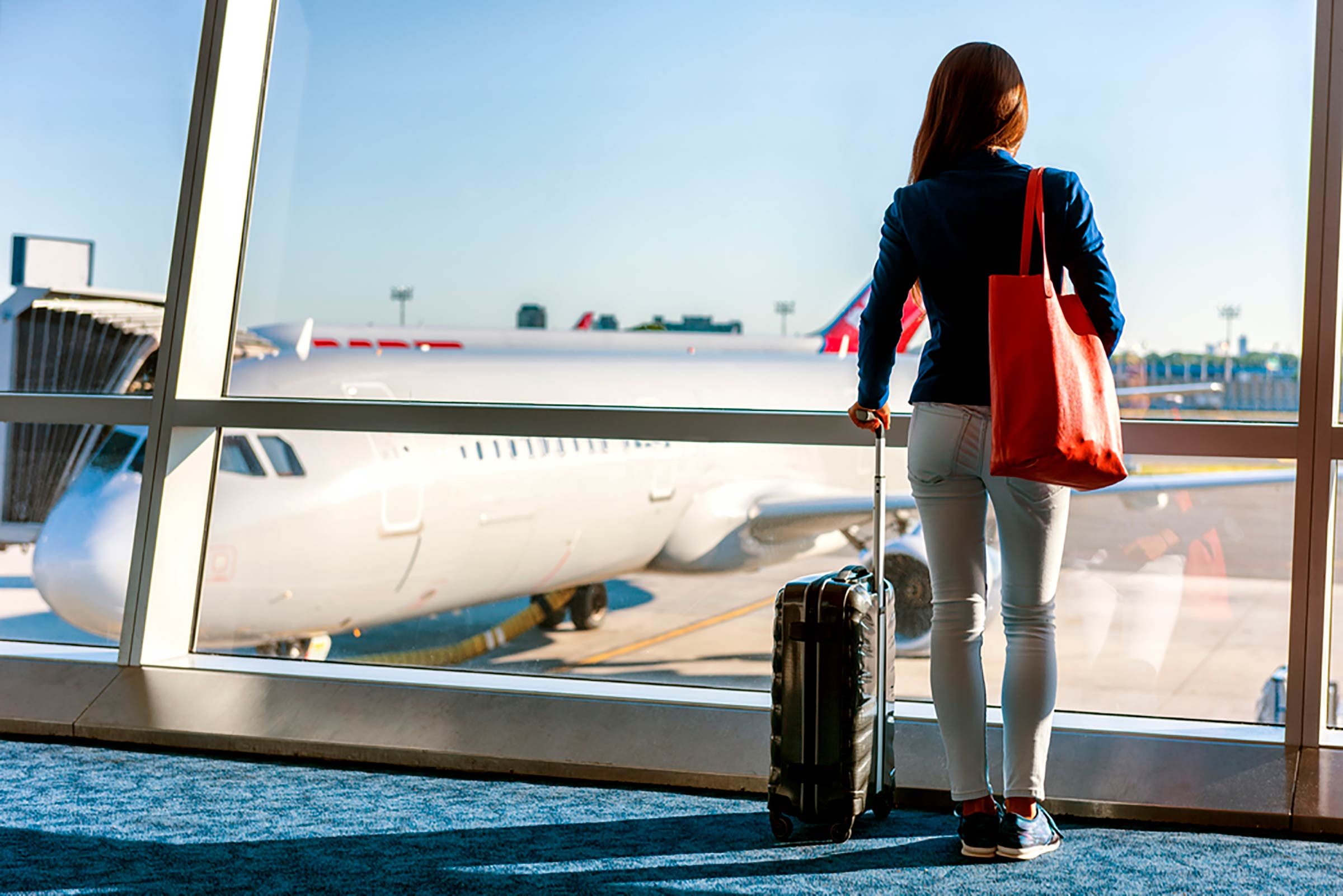A person whose ancestors are Lithuanian may apply for citizenship via a streamlined process in conformity with national legislation. Ethnic Lithuanians may reside anywhere in the world but may have parents, grandparents, or great-grandparents born and raised in Lithuania. A foreigner must demonstrate a family connection to a native Lithuanian to get citizenship in Lithuania.
How does Lithuanian citizenship by descent work
Lithuania citizenship by descent enables people to become citizens of Lithuania based on their kinship to citizens of the country. The applicant must have at least one Lithuanian citizen among their direct ancestors to qualify for citizenship in Lithuania by descent. The male or female line of descent might be the line of descent.
Candidates need to show that they have a basic understanding of Lithuanian. Individuals who were citizens of Lithuania before June 15, 1940, or their ancestors may be exempt from this requirement. Lithuania normally permits dual citizenship for those who become citizens of Lithuania via descent. However, it is essential to review the exact rules because certain nations can have limitations on dual citizenship. After receiving citizenship, a person’s descendants may use that citizenship to pass it on to future generations.

How to get Lithuanian citizenship by descent
You must fulfill specific qualifying requirements and adhere to a particular application process to get citizenship. The processes for obtaining Lithuanian citizenship through descent are as follows:
- Gather all the evidence you need to demonstrate your citizenship is Lithuanian. Birth certificates, marriage licenses, and any other records demonstrating a person’s direct ancestry to a Lithuanian ancestor may be included in this category.
- Create a distinct and provable link to your Lithuanian ancestry. For each generation in the straight line of ancestry from your Lithuanian ancestor to yourself, ensure you have all the required documentation, such as birth certificates and passports.
- Make careful to complete Lithuania’s citizenship application forms correctly and include all necessary information.
- Assemble all the application’s supporting documentation. Examples are all parties’ birth certificates, marriage certificates, passports, and other pertinent documents.
- If your papers are not in Lithuanian, you must have a professional translator convert them into Lithuanian.
If your application is accepted, you will receive a citizenship certificate in Lithuania. With the help of this document, you may apply for a Lithuanian passport and have your citizenship confirmed.

